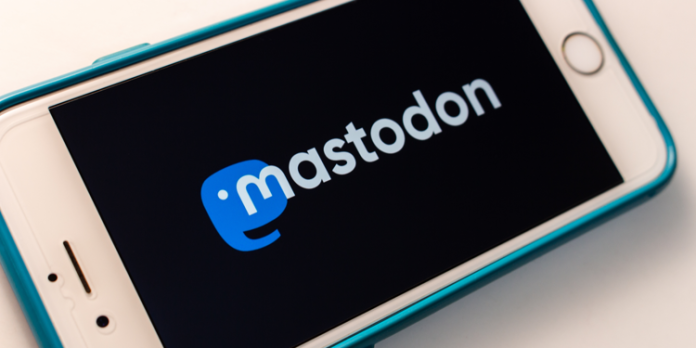An obscure open-source social media outlet is enjoying another popularity surge, as users concerned by Elon Musk’s Twitter takeover desert the high-profile platform, it has announced.
Mastodon saw its new users rocket by around 30,000 within hours of the $44 billion Twitter deal being announced, according to the rival platform’s founder Eugen Rochko. Its complementary app also enjoyed an upswing in patronage, with downloads on iOS and Android surging by 5,000 – a tenth of its lifetime total. That little boost sent it up to #32 in the App Store’s social media apps category.
Mastodon claims to be the largest decentralized social media platform on the planet, with users free to create their own sub-groups or “instances” with their own membership and moderation rules. Its moment in the spotlight has been prompted by an angry backlash from users disgruntled by billionaire Musk’s acquisition of Twitter, and his controversial claims that he will relax moderation rules in the name of free speech.
Human rights activists have expressed doubts as to whether Musk’s plans for the platform have anything good in store for freedom, pointing to the privatization of Twitter as another step towards less transparency and accountability. Others too have cautioned that Musk’s intentions to give platform users more leeway to say what they like could backfire.
Celebrating his platform’s success on his blog, Rochko said: “At Mastodon, we present a vision of social media that cannot be bought and owned by any billionaire, and strive to create a more resilient global platform without profit incentives. We believe that your ability to communicate online should not be at the whims of a single commercial company.”
However, Mastodon has been here before. It enjoyed popularity surges in 2017 and 2019, the first coming after public outcry over Twitter’s decision to make a minor alteration to its reply function – ample demonstration of just how touchy social media users can be – and the second occurring when users in India voted with their feet in protest against moderation policies.
Whether this will prove another flash in the pan for Mastodon, or a case of third time pays for all, remains to be seen.
“We’ve been steadily working towards the ultimate goal of providing a viable alternative to Twitter since 2016, and have proven the scalability and resilience of the platform through organic growth over the years,” said Rochko.
More from Cybernews:
Elon Musk strikes a deal to buy Twitter for $44bn
Worries over human rights surge as Musk plans to take Twitter private
Down but not out: Russian crooks rally to new strongholds
DeFi on the ropes as digital thefts double
Subscribe to our newsletter









